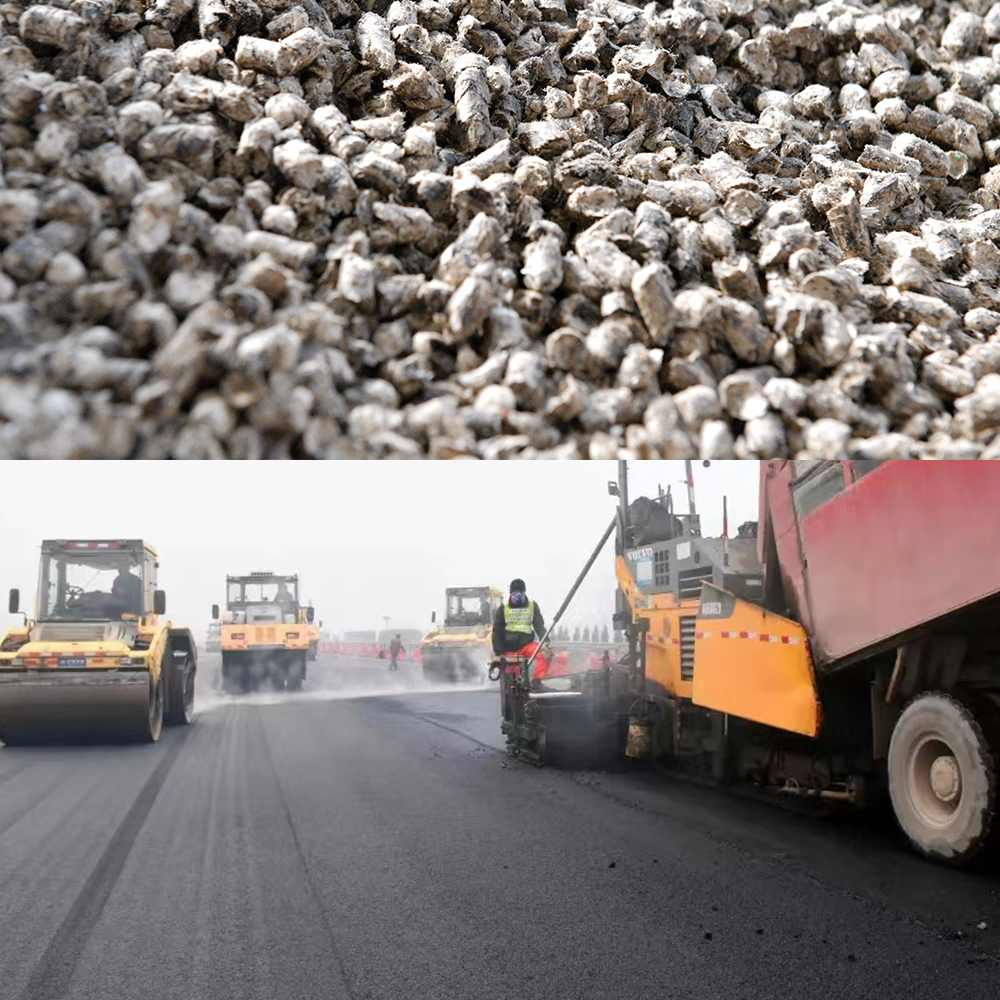Table of Contents
Benefits of Using High-Quality Lignin Fibers in Pavement Construction
High-quality lignin fibers have been gaining attention in the construction industry for their potential to improve pavement strength. Lignin is a natural Polymer found in plant cell walls, and when extracted and processed into fibers, it can be used as a sustainable alternative to traditional materials like asphalt and concrete. In recent years, researchers and engineers have been exploring the benefits of incorporating lignin fibers into pavement construction, with promising results.
One of the key advantages of using high-quality lignin fibers in pavement construction is their ability to enhance the overall strength and durability of the pavement. Lignin fibers have been shown to improve the tensile strength of pavement materials, making them more resistant to cracking and deformation under heavy traffic loads. This can help extend the lifespan of the pavement and reduce the need for frequent repairs and maintenance, ultimately saving time and money for both contractors and taxpayers.
In addition to improving strength, lignin fibers can also help enhance the sustainability of pavement construction. As a renewable and biodegradable material, lignin offers a more environmentally friendly alternative to traditional petroleum-based materials like asphalt. By using lignin fibers in pavement construction, contractors can reduce their reliance on fossil fuels and lower their carbon footprint, contributing to a more sustainable and eco-friendly construction industry.
| Serial Number | Item |
| 1 | lignins Fiber |
Furthermore, the use of high-quality lignin fibers in pavement construction can also help reduce waste and promote circular economy practices. Lignin is a byproduct of the paper and Pulp industry, and by repurposing this waste material into fibers for pavement construction, contractors can help divert it from landfills and give it a second life. This not only helps reduce the environmental impact of the paper and pulp industry but also creates new opportunities for Recycling and reusing materials in construction projects.
Another benefit of using lignin fibers in pavement construction is their versatility and compatibility with existing materials and processes. Lignin fibers can be easily mixed with asphalt, concrete, or other pavement materials, allowing contractors to incorporate them into their existing construction practices without major modifications. This makes it easier for contractors to adopt lignin fibers in their projects and reap the benefits of improved pavement strength without significant changes to their workflow.
Overall, the use of high-quality lignin fibers in pavement construction offers a range of benefits, from improved strength and durability to enhanced sustainability and waste reduction. By incorporating lignin fibers into pavement materials, contractors can create stronger, longer-lasting pavements that require less maintenance and repair, ultimately saving time and money in the long run. With the growing emphasis on sustainable construction practices, lignin fibers provide a promising solution for improving pavement performance while reducing the environmental impact of construction projects. As research and development in this area continue to advance, we can expect to see more widespread adoption of lignin fibers in pavement construction, leading to stronger, more sustainable infrastructure for the future.
Sustainable Practices in Pavement Strengthening with Lignin Fibers
High-quality lignin fibers have emerged as a sustainable solution for improving pavement strength. Lignin, a natural polymer found in plant cell walls, has long been considered a waste product in the paper and biofuel industries. However, recent advancements in technology have allowed for the extraction and processing of lignin into high-quality fibers that can be used to enhance the performance of pavements.
One of the key benefits of using lignin fibers in pavement construction is their ability to improve the overall strength and durability of the pavement. Lignin fibers act as a binding agent, helping to hold the pavement materials together and prevent cracking and rutting. This can Lead to longer-lasting pavements that require less maintenance over time, ultimately saving time and money for both contractors and taxpayers.

In addition to their strength-enhancing properties, lignin fibers are also a sustainable alternative to traditional pavement additives. As a byproduct of the paper and biofuel industries, lignin is readily available and renewable, making it an environmentally friendly choice for pavement construction. By using lignin fibers in pavement projects, contractors can reduce their reliance on non-renewable resources and help to minimize the environmental impact of their work.
Furthermore, the use of lignin fibers in pavement construction can help to reduce the carbon footprint of the project. Lignin is a carbon-neutral material, meaning that it does not contribute to greenhouse gas emissions when used in pavement applications. By incorporating lignin fibers into their pavement designs, contractors can help to mitigate the environmental impact of their projects and contribute to a more sustainable future for the construction industry.
Another advantage of using lignin fibers in pavement construction is their versatility. Lignin fibers can be easily incorporated into a wide range of pavement materials, including asphalt, concrete, and soil Stabilizers. This flexibility allows contractors to tailor their pavement designs to meet the specific needs of each project, whether it be a high-traffic highway or a residential street. By using lignin fibers, contractors can achieve superior pavement performance without compromising on design or functionality.
In conclusion, high-quality lignin fibers offer a sustainable and effective solution for improving pavement strength. By harnessing the strength-enhancing properties of lignin, contractors can create longer-lasting pavements that require less maintenance and have a reduced environmental impact. With their versatility and sustainability, lignin fibers are poised to become a key ingredient in the future of pavement construction. By embracing this innovative technology, contractors can pave the way for a more sustainable and resilient infrastructure system for generations to come.

